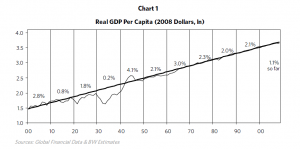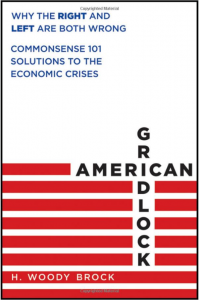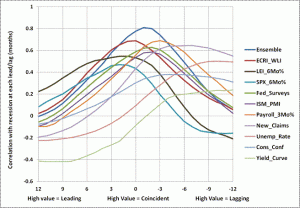Apartment building investments are a top choice according to Gary Shilling, one of the world’s foremost economic forecasters, a long-time Forbes columnist, publisher of Insight Newsletter with his editor Fred Rossi, and author of “The Age of Deleveraging,” (http://amzn.to/L9hm7W on Amazon) the perfect playbook for America’s new Age of Austerity.
Quoted in the Market Watch post:
Rental apartments. A huge inventory still overhangs the housing market as prices continue falling. The American dream of homeownership may be history. Renting is the affordable option. And with REIT prices running high, “direct ownership of rental apartments may still be attractive.”
See the whole post for more ideas for investing in these turbulent times.





